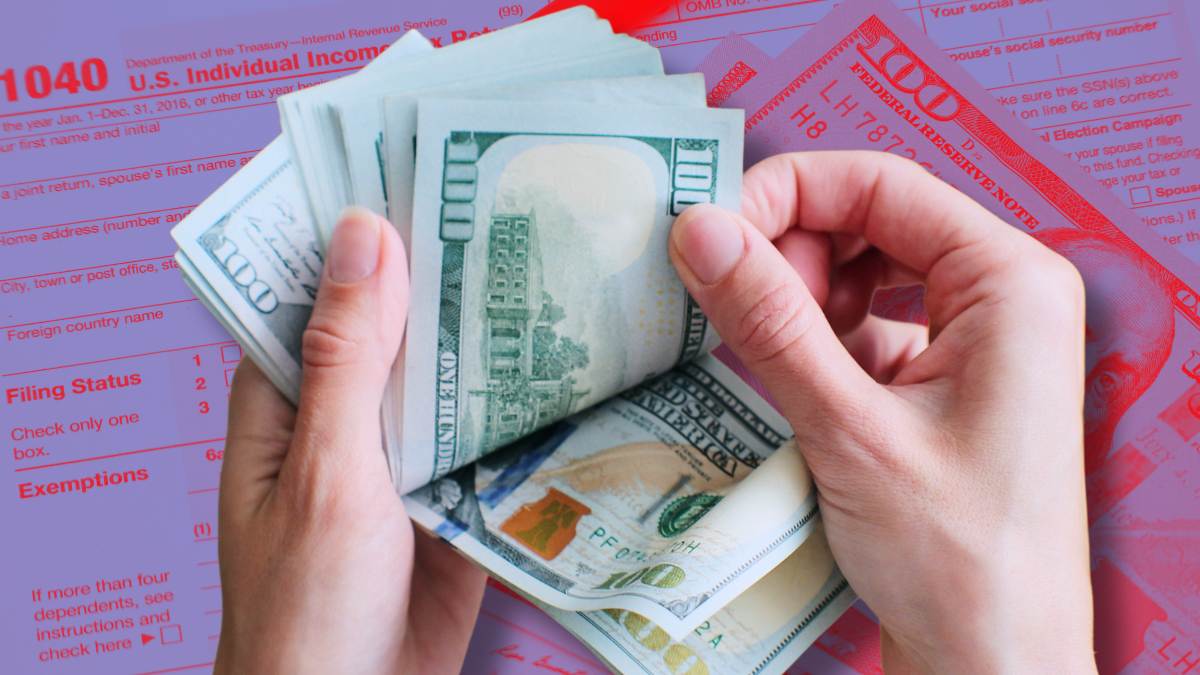The date of April 15, 2025 is what taxpayers affectionately (or without) call “Tax Day.” It is the end of the deadline to file federal tax returns for the year 2024 in the United States. According to the Internal Revenue Service (IRS), no changes are expected on this date due to holidays or exceptional situations. We can make this confirmation based on official data from the IRS, which is the most reliable source possible for tax issues in the United States.
Before April 15, 2025, taxpayers must file their return (either electronically or in traditional paper form) including documents such as W-2 forms and 1099s. Those who owe taxes must make partial or full payment to avoid penalties. Those expecting refunds are also required to submit their documentation, as the IRS will not process returns without the appropriate return.
Tax Day 2025: Will the IRS fine me if I am late on returns or payments?
Those who do not file their return by the deadline and have debts will face cumulative penalties. The fine for late filing is 5% per month of the tax owed, with a cap of 25%. At the same time, the penalty for late payment applies 0.5% per month on the outstanding balance, also limited to 25%. Both charges are added to daily interest calculated from April 15.
In cases where it is impossible to pay the full amount owed in taxes, the IRS recommends paying off as much as possible and exploring alternatives such as installment payment plans. Additionally, April 15 is also the deadline for the first installment of 2025 estimated taxes, relevant for self-employed workers or those who receive income not subject to withholding.
Keep in mind that filing your tax return later, or having applied for tax credits, in turn delays receiving funds. The IRS warns that, after three years without filing, it can issue a substitute return (SFR), which ignores credits or deductions, increasing the taxpayer’s tax obligation.
Can I request an extension after April 15?
Taxpayers who require more time to prepare their return can request an extension until October 15, 2025 using Form 4868. However, this extension does not postpone the payment of taxes owed, which must be settled before April 15 to avoid penalties. Residents in areas declared federal disaster areas could access extended deadlines, although this does not affect the general date.
How to prepare to file your taxes and not fail in the attempt
In the meantime, verify that the IRS has your current residential address, in case you expect a tax refund via paper check, and that all information is true and correct.
Timely preparation includes gathering essential documents: donation receipts, medical expenses, and proof of income. Using certified software such as H&R Block or TaxAct helps identify applicable credits, such as the Child Tax Credit or education deductions. Taxpayers with income over $73,000 (2024) can access Free File, a free IRS program for electronic returns.
Frequent errors, such as omitted income or incorrect bank information, delay processing because the IRS is forced to review your return more closely. The IRS suggests triple checking routing and account numbers before sending. For complex cases—foreign income or property sales—it is recommended that you consult tax professionals.
The IRS has automated the tax return review process
In 2025, the IRS will continue to deploy automated verification technology to detect discrepancies between returns and records from employers or financial institutions.
This measure seeks to reduce tax fraud, which cost $688 million in 2023. However, taxpayers must ensure that their 1099-MISC and W-2 forms match the data reported to the agency.




